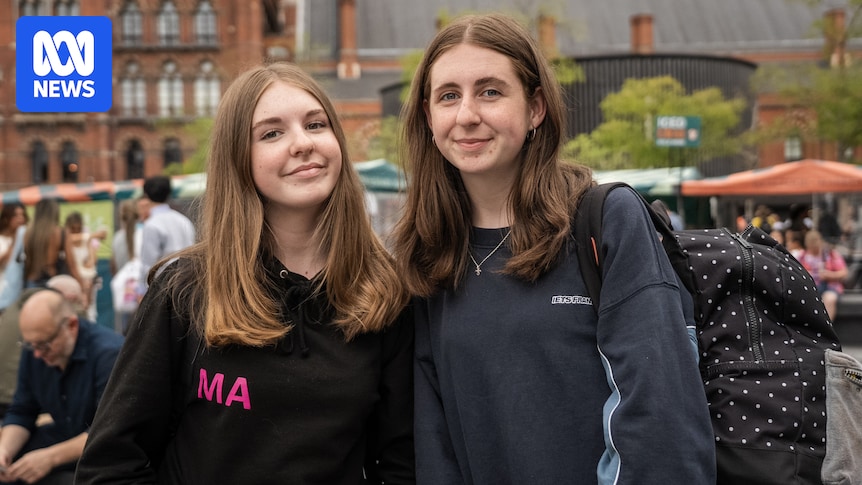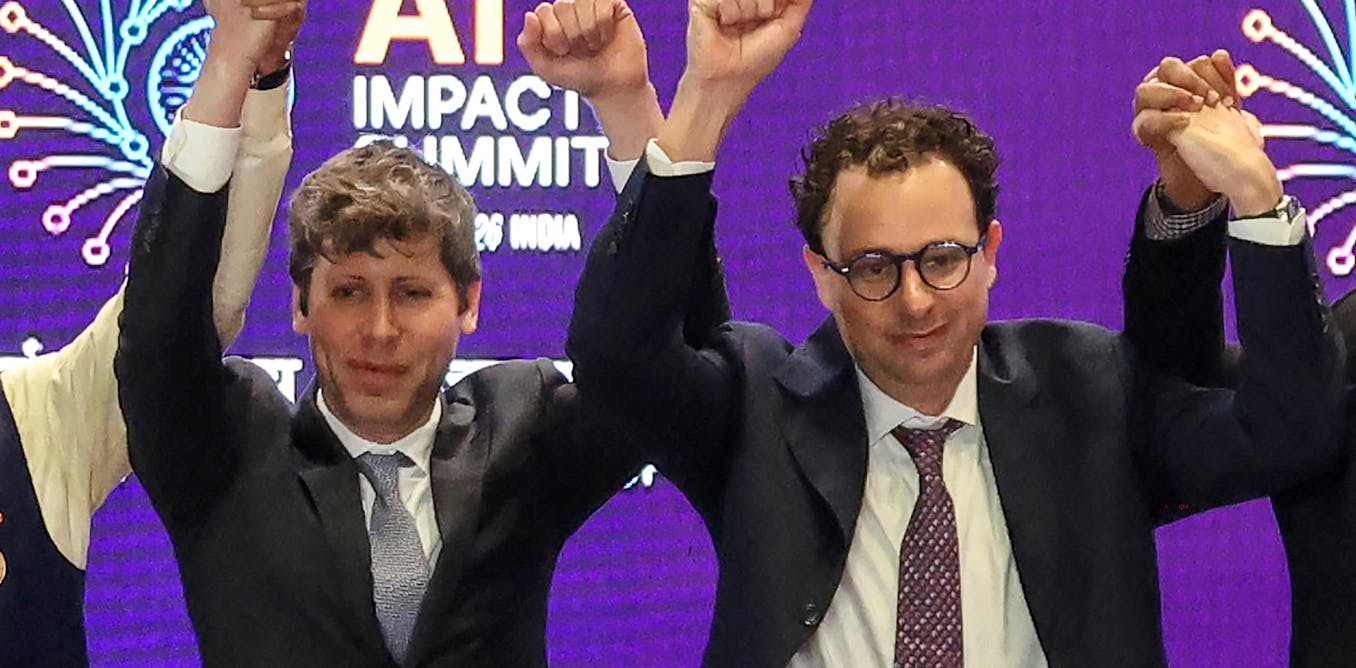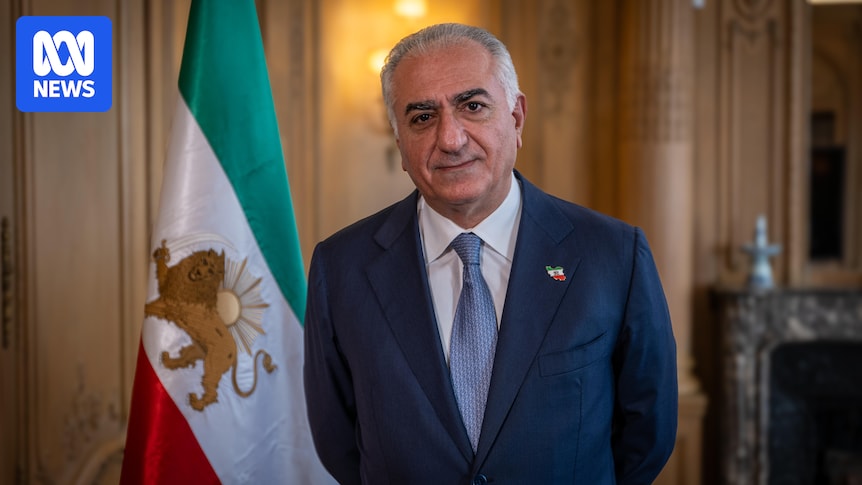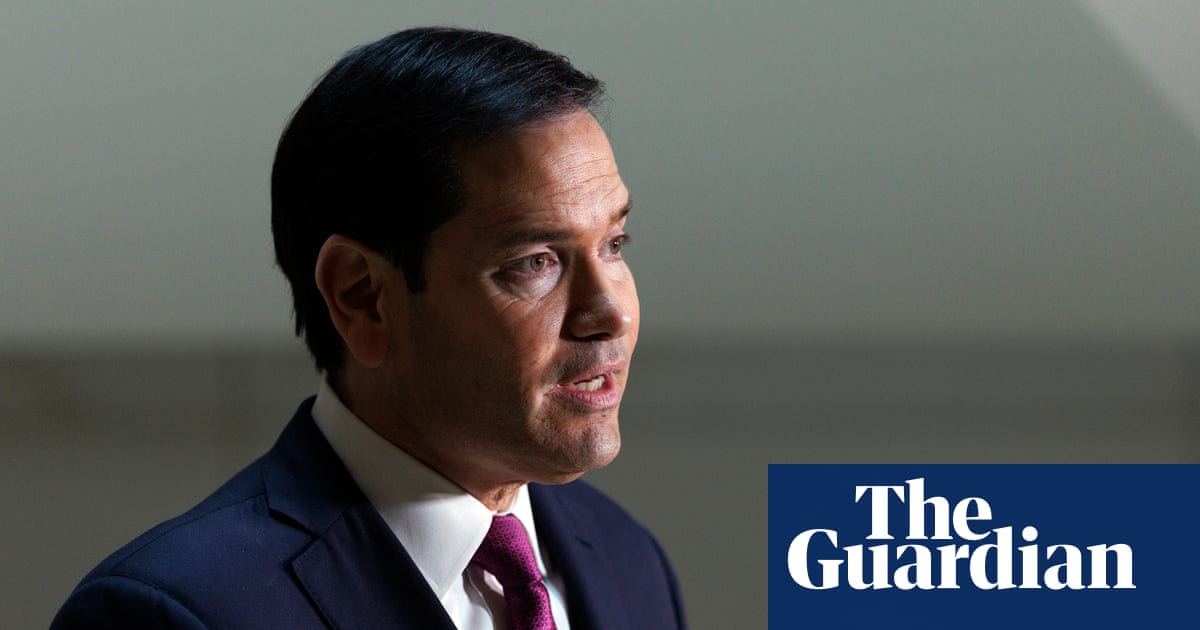
The British government has announced plans to lower the voting age to 16, marking the most significant electoral reform in over 50 years. This change will allow approximately 1.6 million young people to participate in the next general election, anticipated by 2029.
Prime Minister Sir Keir Starmer emphasized the importance of this reform, stating that it would enhance trust in democracy. “They’re old enough to go out to work, they’re old enough to pay taxes … and I think if you pay in, you should have the opportunity to say what you want your money spent on, which way the government should go,” Starmer told ITV News.
Expanding the Franchise
The proposal to lower the voting age follows the precedent set by Scotland and Wales, where 16-year-olds can already vote in local and parliamentary elections. However, this right has not been extended to young people in England and Northern Ireland until now.
Sixteen-year-old Iona expressed her support for the government’s decision. “Young people are going to be stepping up more in politics in the next couple of years, we can already see it happening, so it’s good that we have that choice,” she told ABC. “We deserve that responsibility as we’re more aware of what’s going on in the world.”
Ollie, another young supporter, acknowledged feeling a bit apprehensive about voting for the first time. “It’s quite a bit of pressure, but I think it will be OK,” he said.
Additional Electoral Reforms
Alongside lowering the voting age, the government plans to introduce several other electoral changes. UK-issued bank cards will become accepted forms of voter ID, and the deadline to apply for a postal vote will be extended from 11 to 14 days.
Democracy Minister Rushanara Ali highlighted measures to prevent foreign interference, including checks on £500 donations from unincorporated associations and closing loopholes exploited by shell companies. “By reinforcing safeguards against foreign interference, we will strengthen our democratic institutions and protect them for future generations,” Ali stated.
These reforms are expected to pass smoothly through parliament, given the Labour Party’s significant majority following last year’s general election.
Challenges and Criticisms
Despite the Labour Party’s confidence, the proposal has faced criticism from the Conservative Party, which was defeated in the 2024 election. Conservative spokesman Paul Holmes described the plan as “hopelessly confusing,” pointing out inconsistencies in age-related rights. “Sixteen-year-olds will be able to vote in an election but not stand as candidates, and they will be able to vote but not permitted to buy a lottery ticket, consume alcohol, marry, or go to war,” Holmes argued in the House of Commons.
Nigel Farage, leader of the right-wing Reform UK party, also opposed the proposal, questioning the use of bank cards as voter ID due to the lack of photographs for identity verification.
If approved by parliament, it would be the biggest change in the UK electoral system since 1969 when the voting age dropped from 21 to 18.
Implications for Democracy
Political sociologist Dr. Christine Huebner from the University of Sheffield described the reform as “a big day for young people in the UK.” She noted that lowering the voting age in other countries, such as Brazil, has led to increased trust in democratic institutions. “The narrative is quite simple: If young people see that their votes are taken seriously, that they have a voice in the political process … young people showed higher trust in democratic institutions,” she explained.
Dr. Huebner highlighted that countries like Austria, Scotland, and Wales have seen slightly higher voter turnout among younger voters compared to those aged 18 to 20. “That’s plausible when you think about 18-19-20 being a time when people move out of their family home, maybe start working, go to university, that’s an extremely transient period in young people’s lives,” she said.
She emphasized the potential for increased civic engagement and trust in democratic processes if the UK follows through with comprehensive civic education for young voters. “There are opportunities to really make this work for increased trust in democratic institutions, for example, and at the end of the day who to include in the franchise is a political decision,” she concluded.
As the UK prepares for these significant electoral changes, the debate over the appropriate age for political participation and the mechanisms to ensure fair and secure elections continues to unfold.





